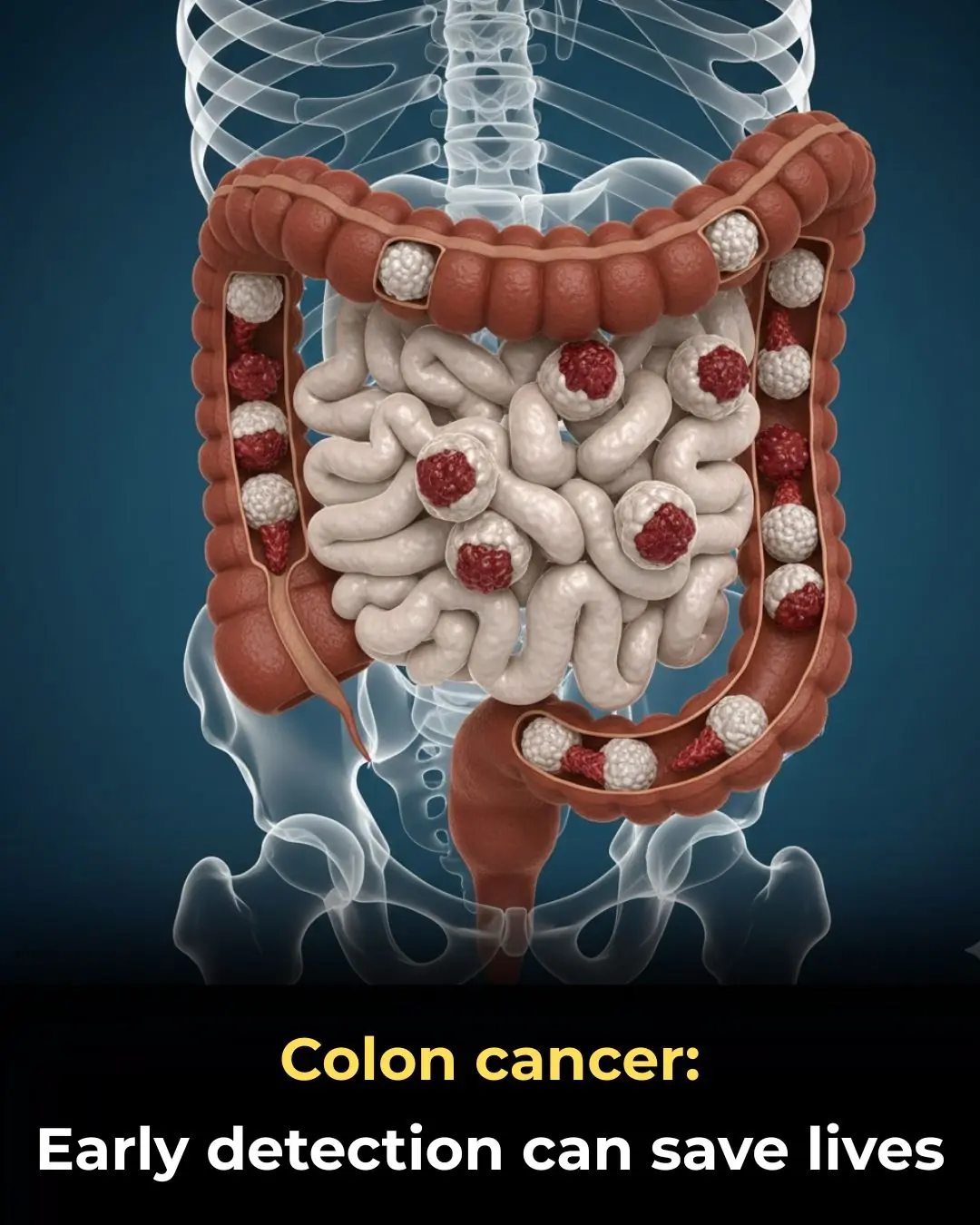
Here’s What Your Stool Can Tell You About Your Health
It might sound strange, but paying attention to your stool can provide valuable insights into your overall health. The color, shape, texture, and frequency of your bowel movements can all signal how well your digestive system is functioning and whether there may be underlying health issues. Doctors often use stool analysis as an important diagnostic tool. Understanding what your stool reveals can help you catch problems early and take better care of your body.
First, the color of your stool is a key indicator. Normal stool color ranges from light to dark brown, which is the result of bile produced by the liver and digestive processes. However, if your stool is black or tarry, it could suggest bleeding in the upper gastrointestinal tract, such as the stomach or esophagus. On the other hand, red or maroon-colored stool may indicate bleeding in the lower digestive tract, including the colon or rectum. Pale, clay-colored stool can be a sign of bile duct obstruction or liver disease. If you notice any persistent abnormal colors, it is important to seek medical advice.
The consistency and shape of stool also provide clues. Healthy stool is usually soft, smooth, and shaped like a sausage. Hard, lumpy stools might indicate constipation, which can be caused by dehydration, low fiber intake, or lack of physical activity. Conversely, very loose or watery stool could suggest diarrhea, which may result from infections, food intolerances, or chronic conditions like irritable bowel syndrome (IBS).
Frequency is another important factor. While bowel movement patterns vary widely among individuals, most people have bowel movements between three times a day and three times a week. Significant changes in your regular pattern, such as persistent diarrhea or constipation, should not be ignored as they could point to digestive problems or other health concerns.
The presence of mucus or blood in stool is also a warning sign. Small amounts of mucus can be normal, but large amounts or the presence of blood could indicate infections, inflammation, hemorrhoids, or more serious conditions like colorectal cancer. If you observe these symptoms, consulting a healthcare professional promptly is essential.
Smell is another aspect that many overlook. While stool naturally has an unpleasant odor, a sudden or very foul smell may signal malabsorption issues, infections, or certain dietary problems.
Additionally, changes in stool can sometimes reflect broader health issues. For example, persistent diarrhea or fatty stools can be a sign of pancreatic problems or celiac disease. Chronic constipation may be linked to thyroid problems or neurological conditions.
To maintain healthy digestion and regular bowel movements, it is important to eat a balanced diet rich in fiber from fruits, vegetables, and whole grains. Drinking plenty of water and exercising regularly also promotes good bowel health. Avoiding excessive processed foods, alcohol, and smoking helps prevent digestive issues.
In conclusion, your stool provides a window into your digestive health and overall well-being. By paying attention to its color, shape, texture, and frequency, you can detect early signs of potential problems and seek timely medical care. If you notice unusual changes or persistent symptoms, don’t hesitate to consult a healthcare professional. Taking care of your digestive system is vital for maintaining good health and quality of life.
News in the same category


“I’ve Scanned 250,000 Brains”: These 5 Foods Can Make Your Brain Feel Younger in Just 2 Months

Avocado Seed Tea with Hibiscus Flower: The Homemade Remedy That Can Transform Your Health

Repurposed Cancer Drug Shows Promise in Slowing Parkinson’s Disease Progression

MRI-Guided Cryoablation: Australia’s Breakthrough in Non-Surgical Tumor Treatment

7 habits that make you look ugly...

If you're a woman with chin whiskers, pay attention. Here's what it means

🏠 8 Household Items That Could Be Affecting Your Health (And How to Check Them Safely at Home)

If your cat comes near your face while you sleep, this is happening in your life

10 Benefits of Drinking Rosemary Tea on an Empty Stomach

Red Bumps That Look Like Goosebumps

Reasons You Should Sleep 8 Hours a Day

🔥 Red Alert in Your Arteries! These 8 Secret Fruits Dissolve Silent Clots and Save Your Heart 💓

Here's The Truth Behind This Scar On People's Upper Left Arm

These are the consequences of wearing used…

Early Menopause

The Powerful Plant That Can Support Well-being: Discover the Benefits of Greater Burdock Root

Homemade Natural Remedies: Traditional Drinks and Recipes That Support Your Well-Being

What Is Colon Cancer and Why Early Detection Can Save Lives

🩺 Gastritis: What It Is, Common Symptoms, Causes, and How to Care for Your Stomach
News Post

Spiny Amaranth (Amaranthus spinosus): Benefits, Risks, and Safe Uses

“I’ve Scanned 250,000 Brains”: These 5 Foods Can Make Your Brain Feel Younger in Just 2 Months

Avocado Seed Tea with Hibiscus Flower: The Homemade Remedy That Can Transform Your Health

A Businesswoman Scolded a Beggar for Touching Her Car — Then Saw His Bracelet

The Truth Behind the Wall — Max Knew It All, but No One Listened.

AFTER 15 YEARS OF RUNNING MY BUSINESS IN THE UK, I RETURNED TO GEORGIA AND FOUND MY DAUGHTER LIVING AS A MAID IN THE $4M MANSION I LEFT HER.

FATE STEPS IN

THE NIGHT IN CORRIDOR C

WRONG GIRL. WRONG BROTHER.

How to detect pork sausage contaminated with borax? Here are 6 simple tips.

Stepmother Forced Poor Orphan To Marry Poor Man But They Knew He Was A Billionaire

Billionaire Sees His Poor Employee Feeding Disabled People, What He Did Next Made Her cry

She Was Married Against Her Will — Life Took an Unexpected Turn

Billionaire had a one night stand with her, months later he saw her stranded and begging in the rain

They Mocked Her for marrying A Mad Man – Unaware He is a Billionaire in Disguise

Seven Months Pregnant, Left at a Bus Stop With One Loaf of Bread… Until a Stranger Stopped

My Sister Just Gave Birth—But My Husband Took One Look at the Baby and Whispered, “Call the Police.”

I Threw My Wife’s Daughter Out Because She Wasn’t My Blood—Ten Years Later, the Truth Destroyed Me

Eight Years After Her Daughter Vanished, a Mother Recognized Her Face Tattooed on a Stranger’s Arm
